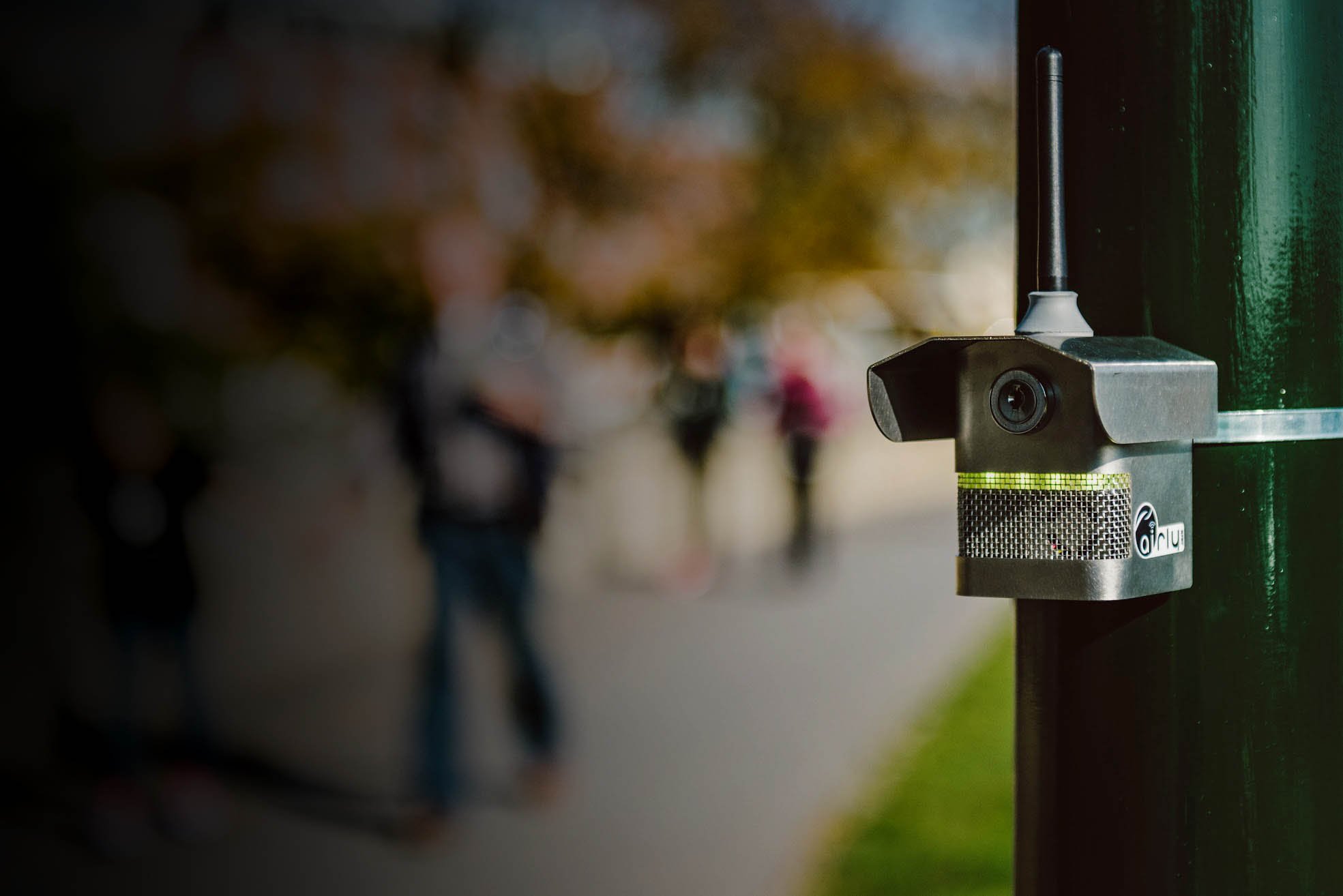
Bringing air quality monitoring to Berlin.
Testbed for Innovation
10 Weeks | Berlin
Berlin’s City Council was searching for tech solutions to detect the most dangerous pollutants resulting from road traffic, and to monitor the city’s air quality.
We saw this challenge as a potential testbed for air-quality startup Airly. With our help, Airly ran a pilot and deployed their sensors in Berlin: providing citizens with real-time insights on air quality throughout the city, while gathering operational and business insights to be leveraged when approaching new cities.
Context
To measure the air quality in Berlin, the city has an established network of reference stations that are accurate but at the same time very expensive in maintenance with little potential to be scalable. For a citizen living in Berlin, it is impossible to get precise, reliable information on local air quality. This is when Kraków based startup, Airly comes into place.
Our Role
With our help, Airly secured a pilot project with the city of Berlin, from March until June 2020—with a clear mandate o testing the accuracy of the sensors by comparing them to BLUME (Berliner Luftgüte Messnetz) reference stations.
Results
The captured data of smaller scale sensors of Airly proved to be highly accurate and showed that the city’s air quality can be reliably measured in a myriad of locations, cheaper and faster.
Berlin City Council is now creating a hybrid network of reference stations and affordable Airly sensors to better cover the city.
PM 2.5
is the main pollutant in Berlin.
4 testing sites
to test efficiency and accuracy in measuring pollutants.
Berlin roll-out
90 sensors are now planned to be installed.
About the client
Airly
Airly’s air quality sensors are easy to install in the public realm and can detect all relevant pollutants of air. Integrated into an accessible online map they show all data in real-time. There are more than 4000 sensors installed worldwide.






